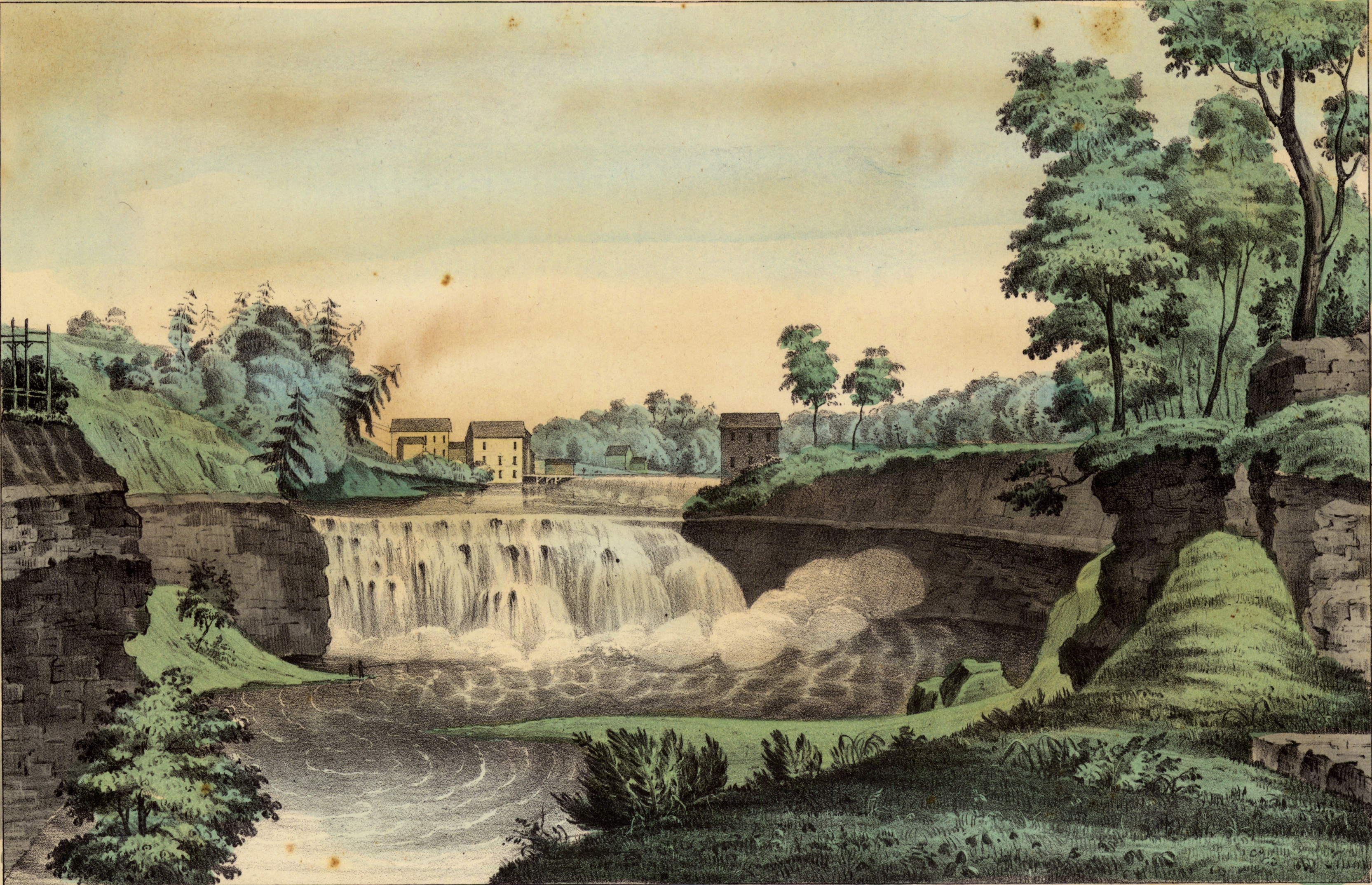
Puff, Puff? Pass!: The Anti-Tobacco Writings of Margaret Woods Lawrence

If You Give a Neurasthenic Milk (and a Cookie): Revisiting “The Yellow Wall-Paper” and the Rest Cure through the “Milk Diet”
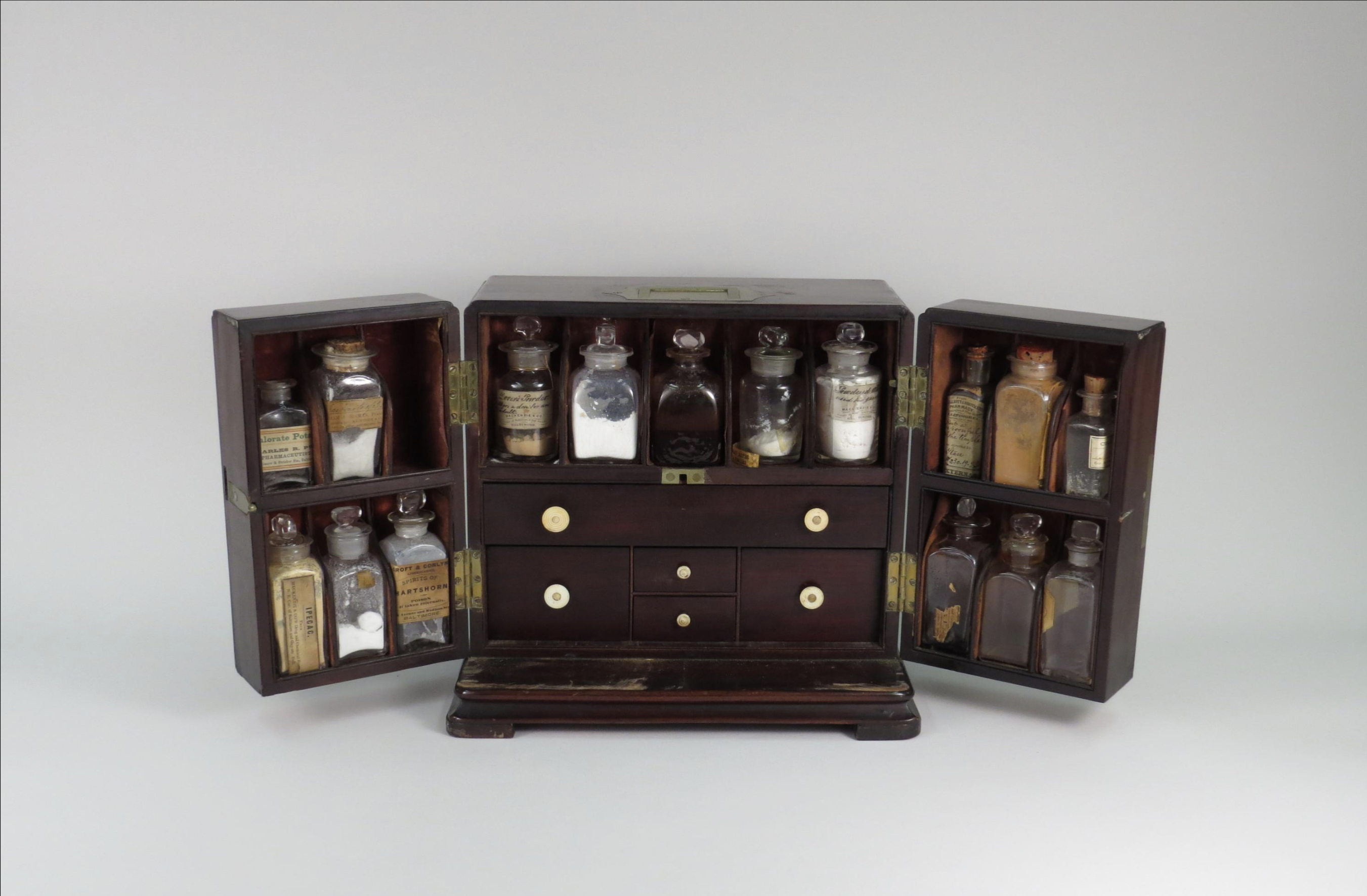
The Trial That Sparked Maine’s 1840 Abortion Statute
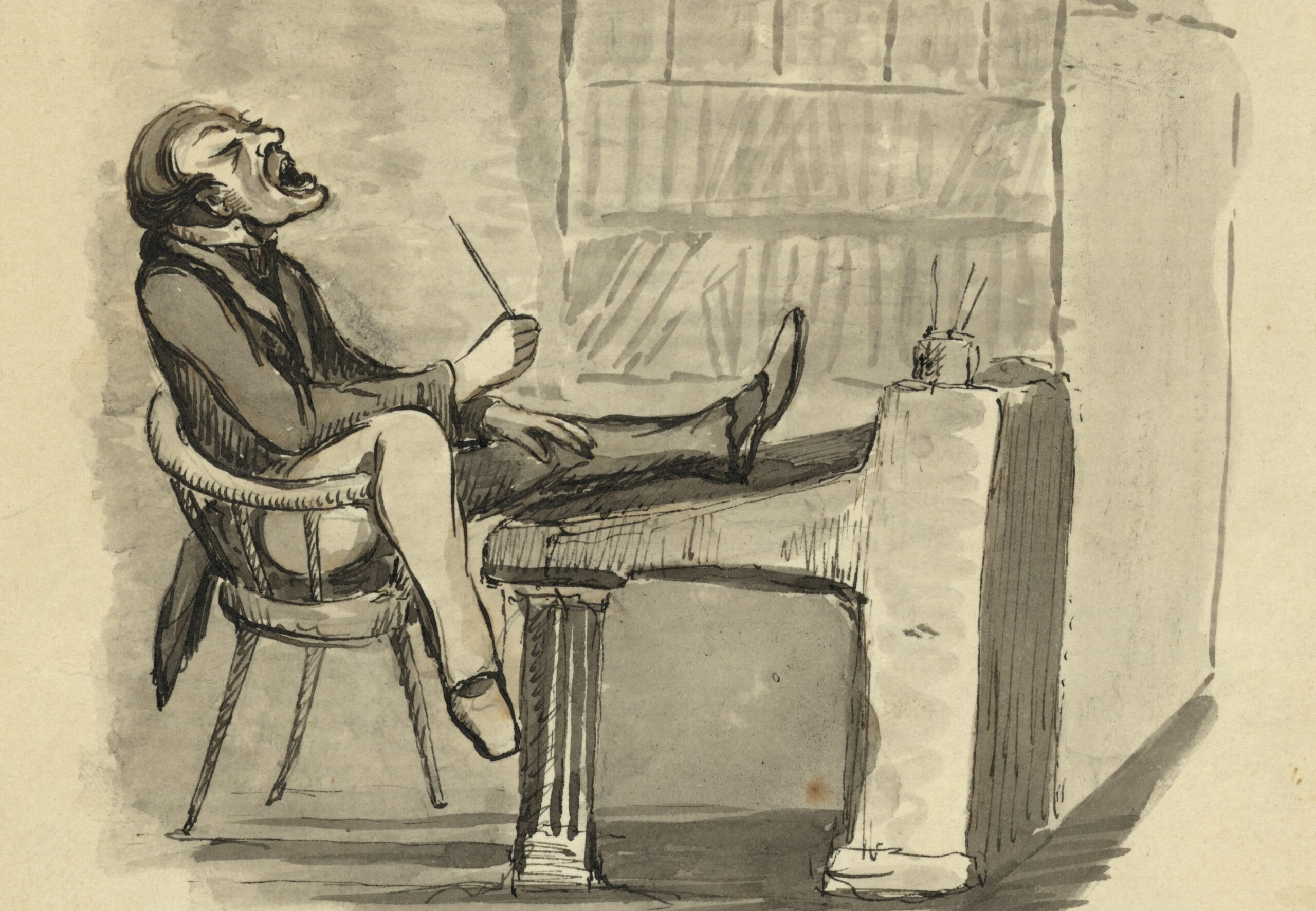
Bartleby’s Insights on Complex Embodiment for a Post-Pandemic World

How to Read a Book: The X-Ray Method for Achieving a Sustainable “Book-Life Balance”
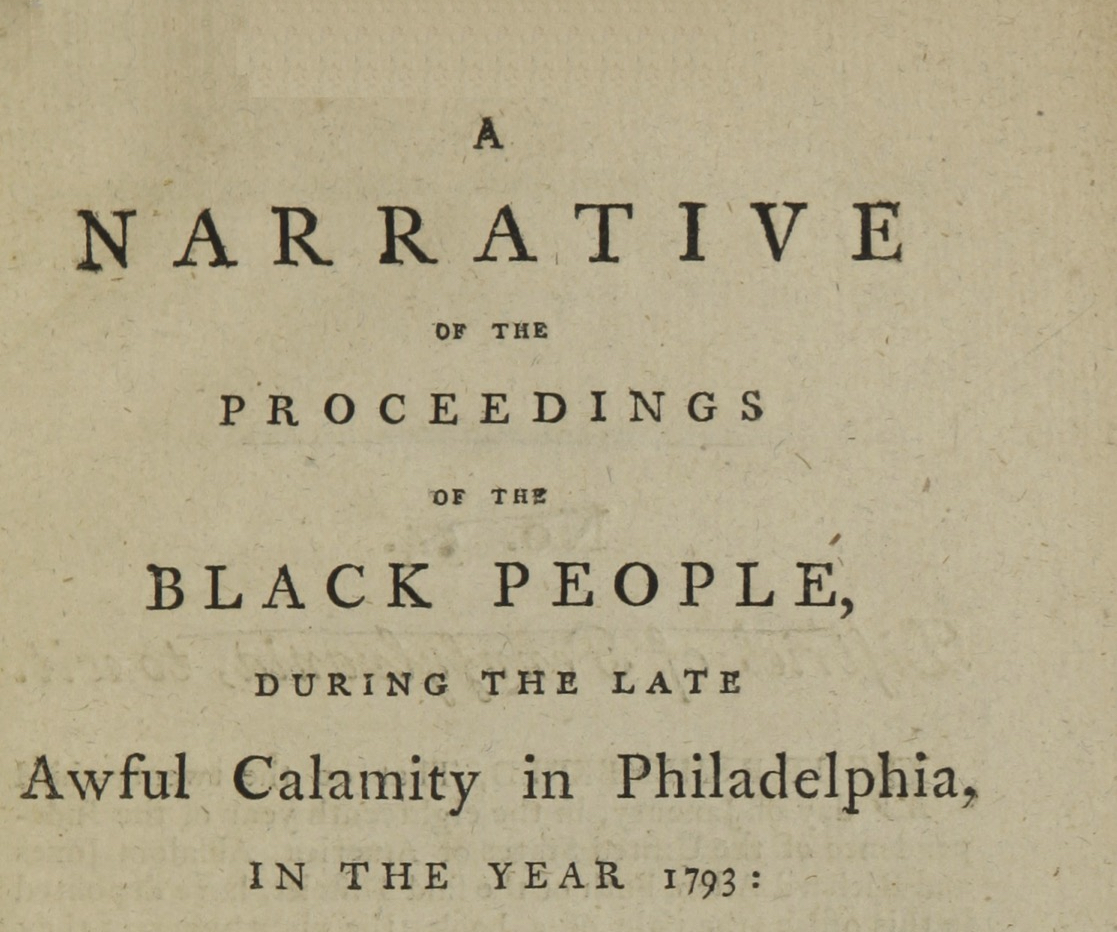
Teaching in Crisis with Absalom Jones and Richard Allen
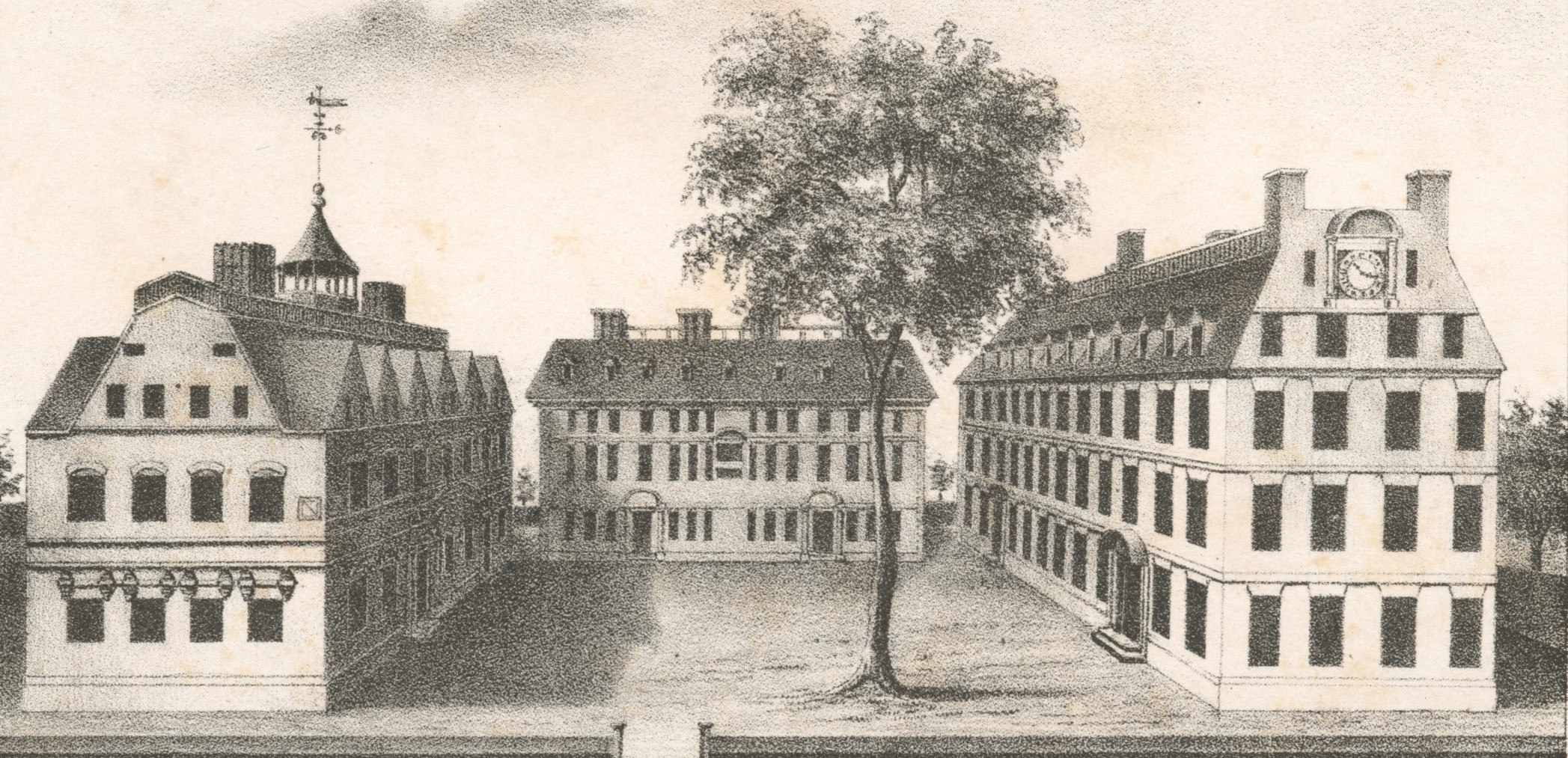
Levi Lincoln’s Wayward Son – Daniel Waldo Lincoln
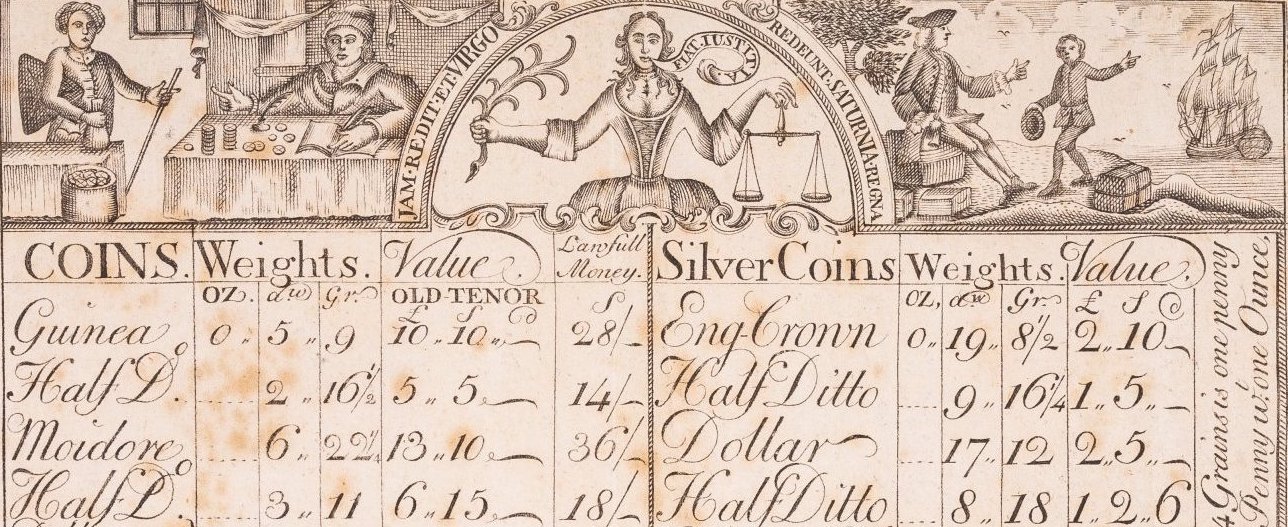
Bad Money and the Chemical Arts in Colonial America
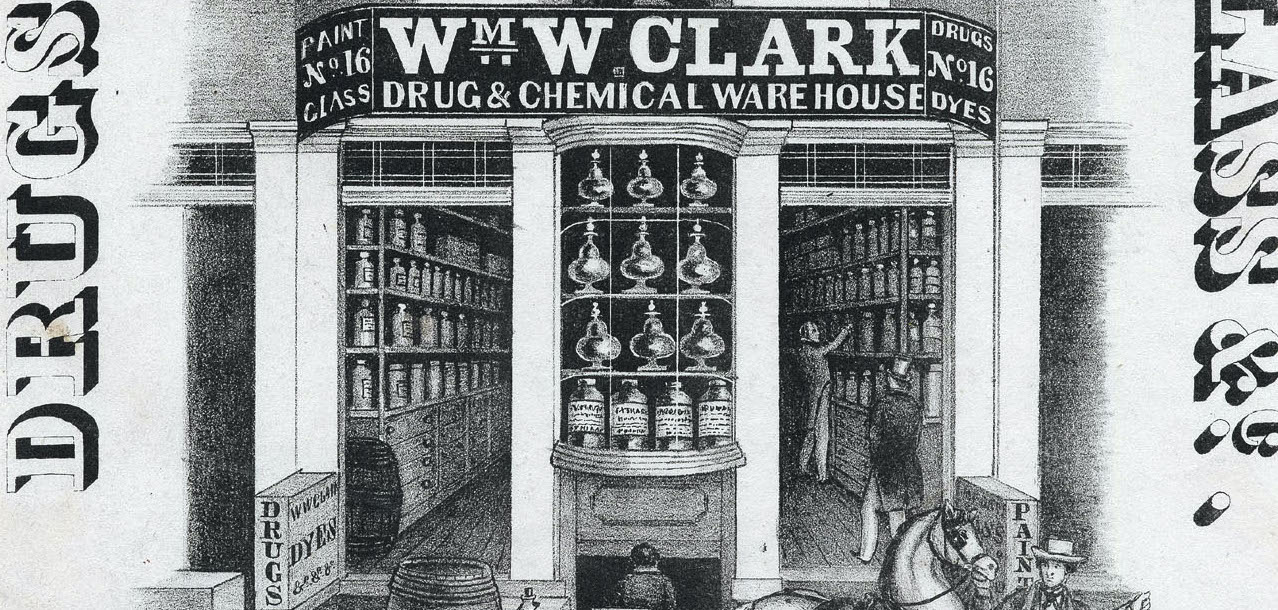
Was Edgar Allan Poe a Habitual Opium User?
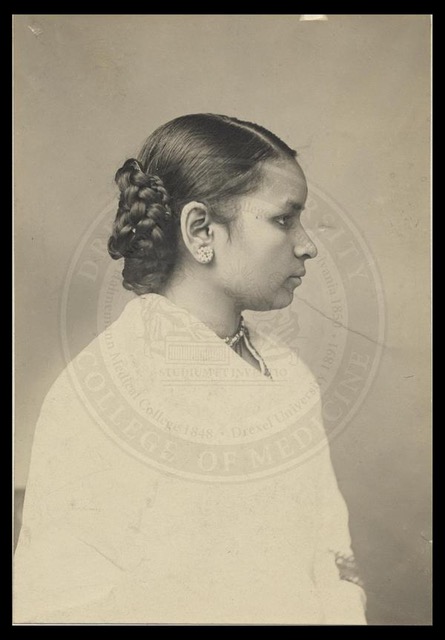
In Her Own Voice: Poems of Anandibai Joshee
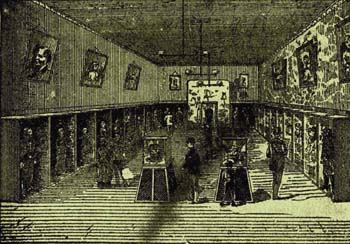
“Morbid curiosity”: The Decline and Fall of the Popular Anatomical Museum
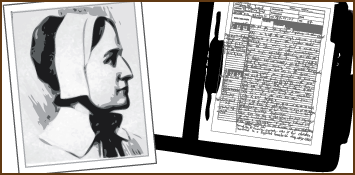
Our Antinomians, Ourselves: Or, Anne Hutchinson’s Monstrous Birth & The Pathologies of Obstetrics
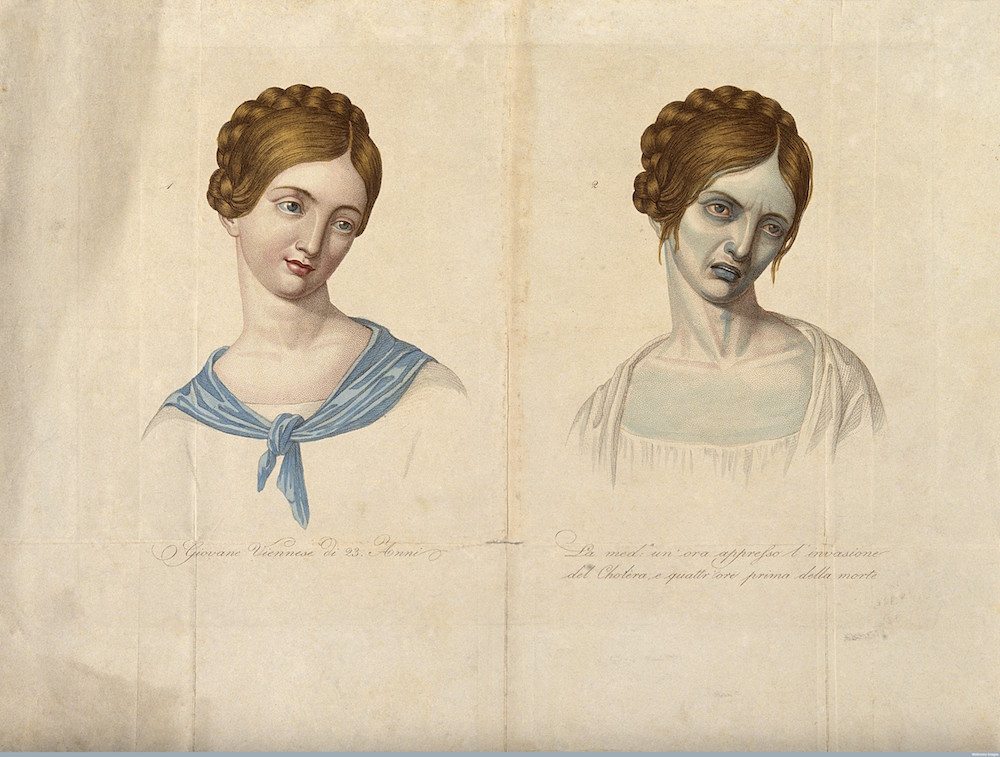
Mapping a Demon Malady: Cholera Maps and Affect in 1832
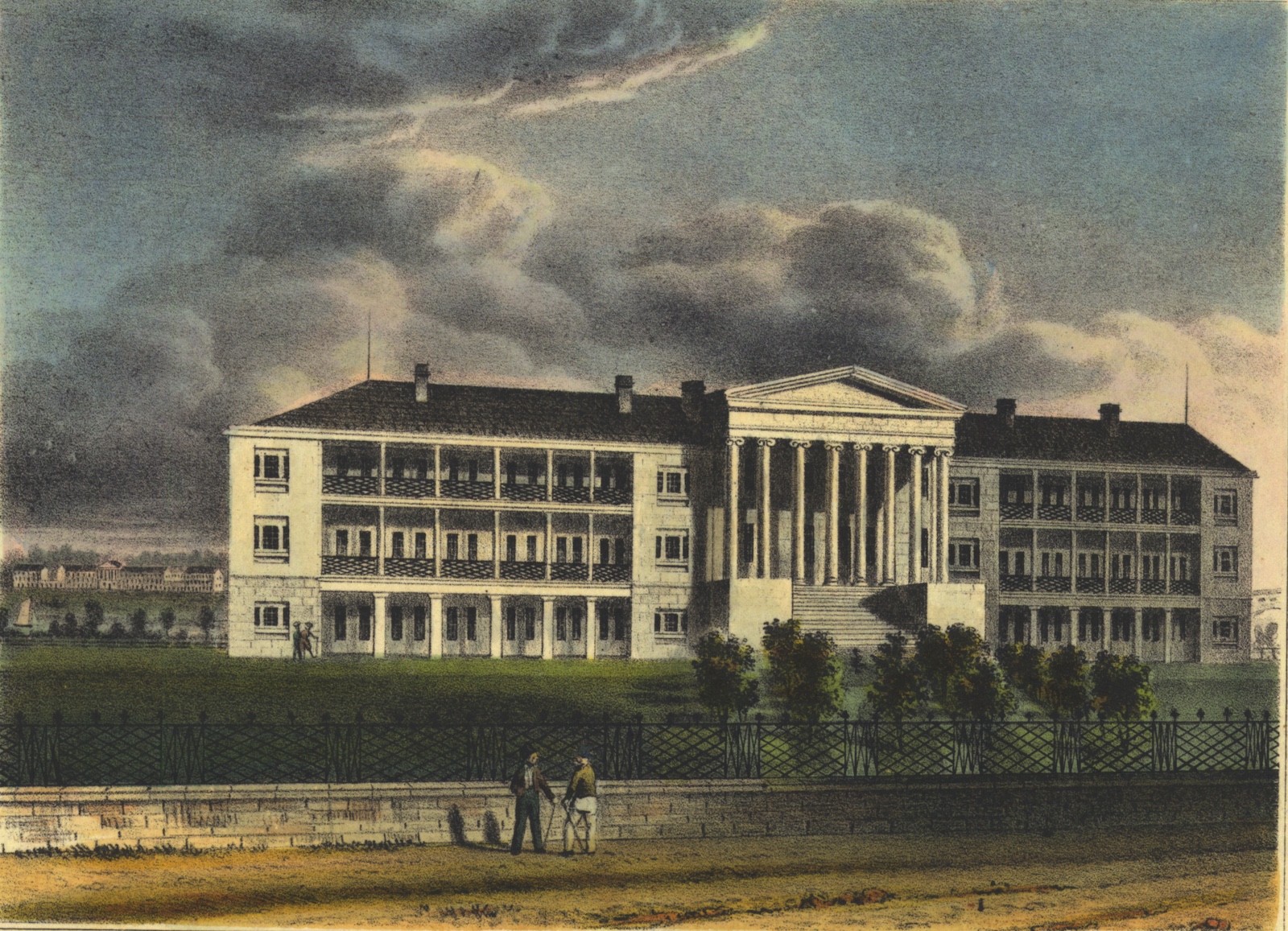
Sailors’ Health and National Wealth
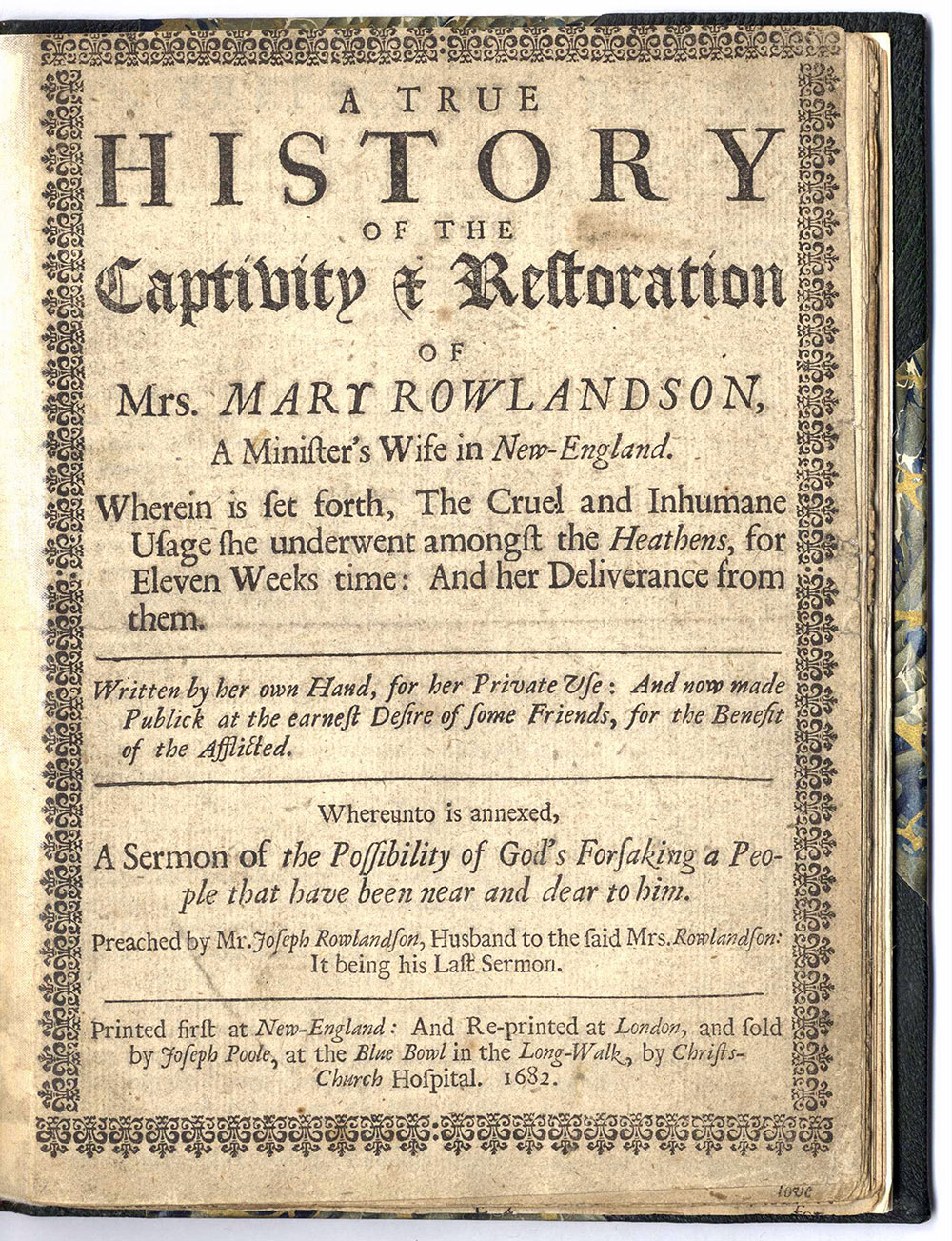
Cancer and Captivity: Reflections on Affliction in Puritan and Modern Times

Public Health and Public Good

The Politics of Martial Manhood
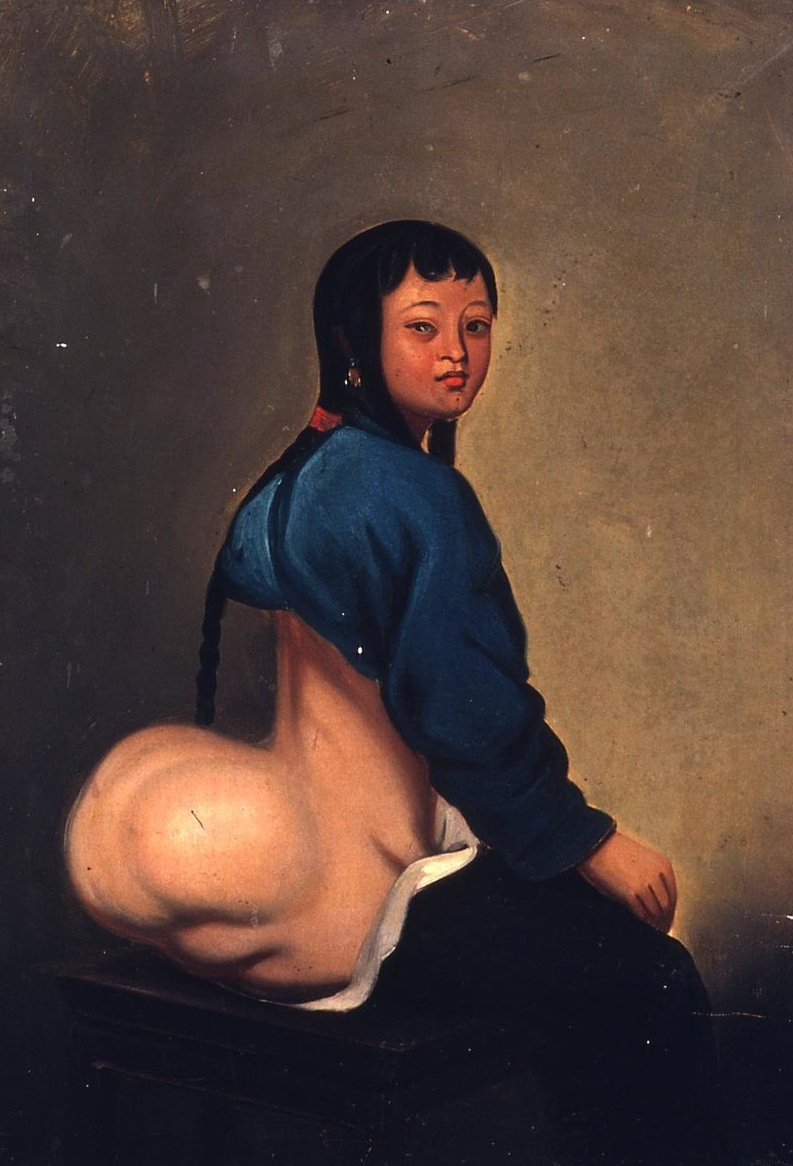
Curiosity and Cure: Peter Parker’s patients, Lam Qua’s portraits
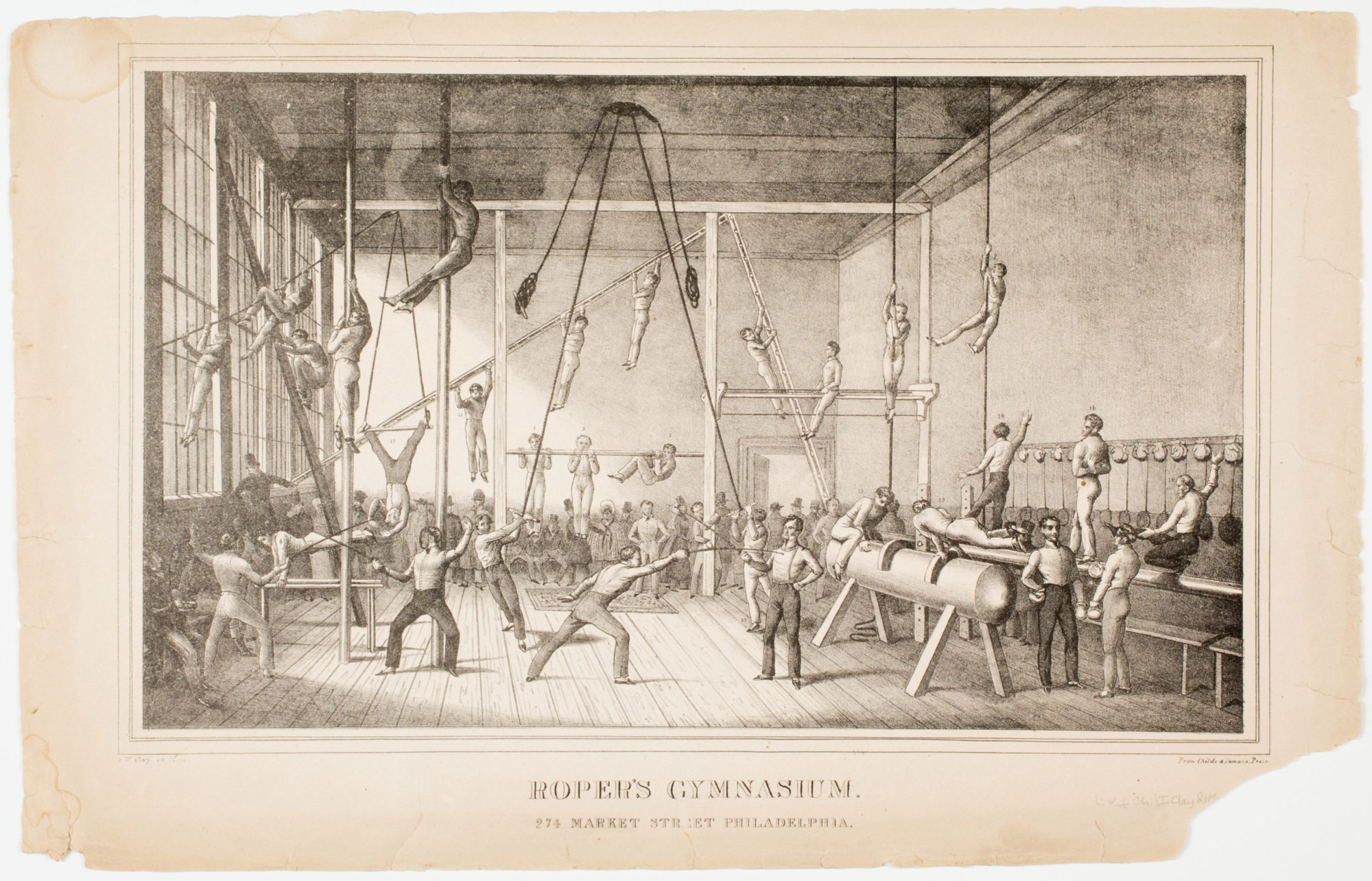
Song of My Self-Help: Whitman’s Rehabilitative Reading
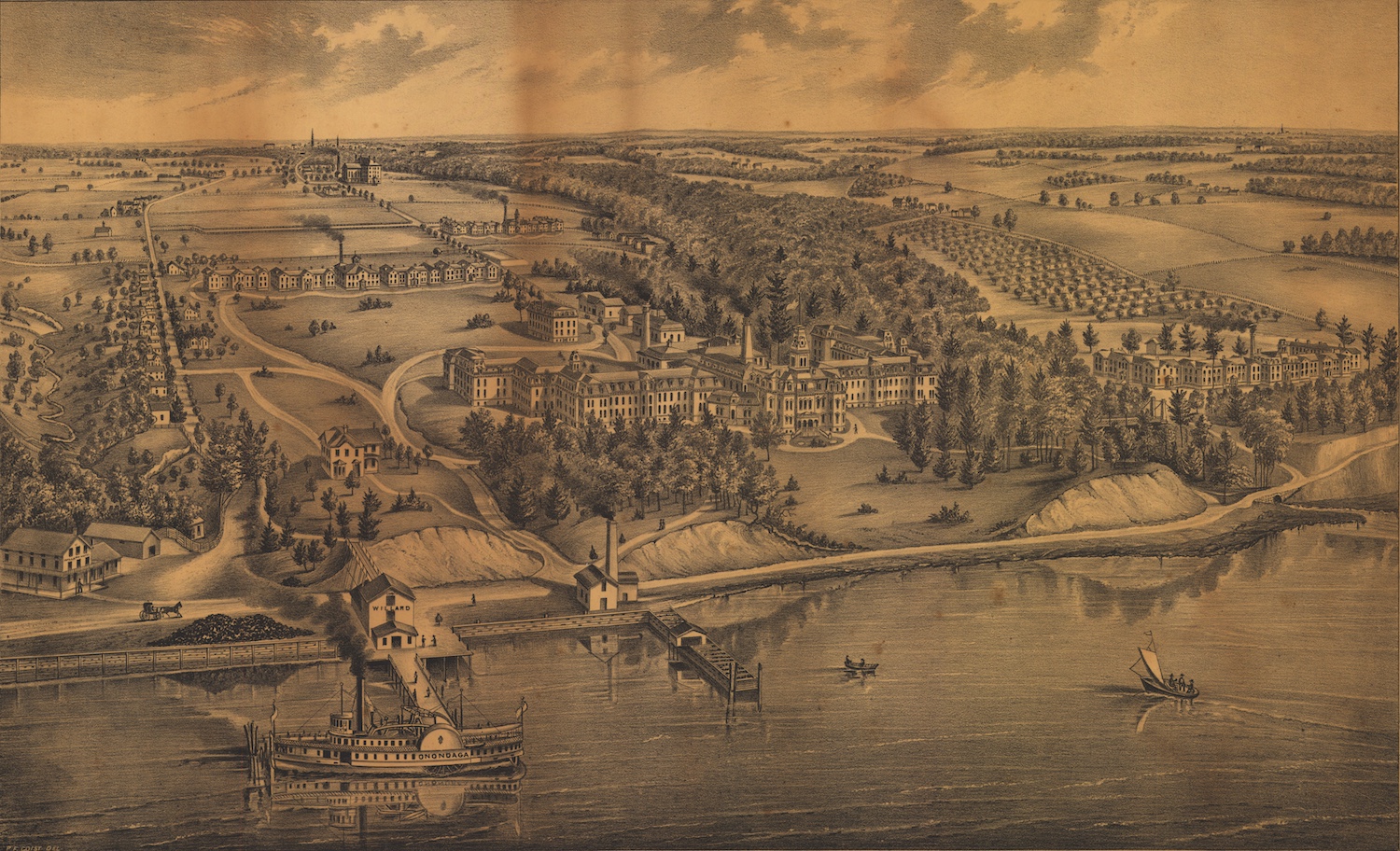
Document by Document

Looking for Limbs in all the Right Places: Retrieving the Civil War’s Broken Bodies
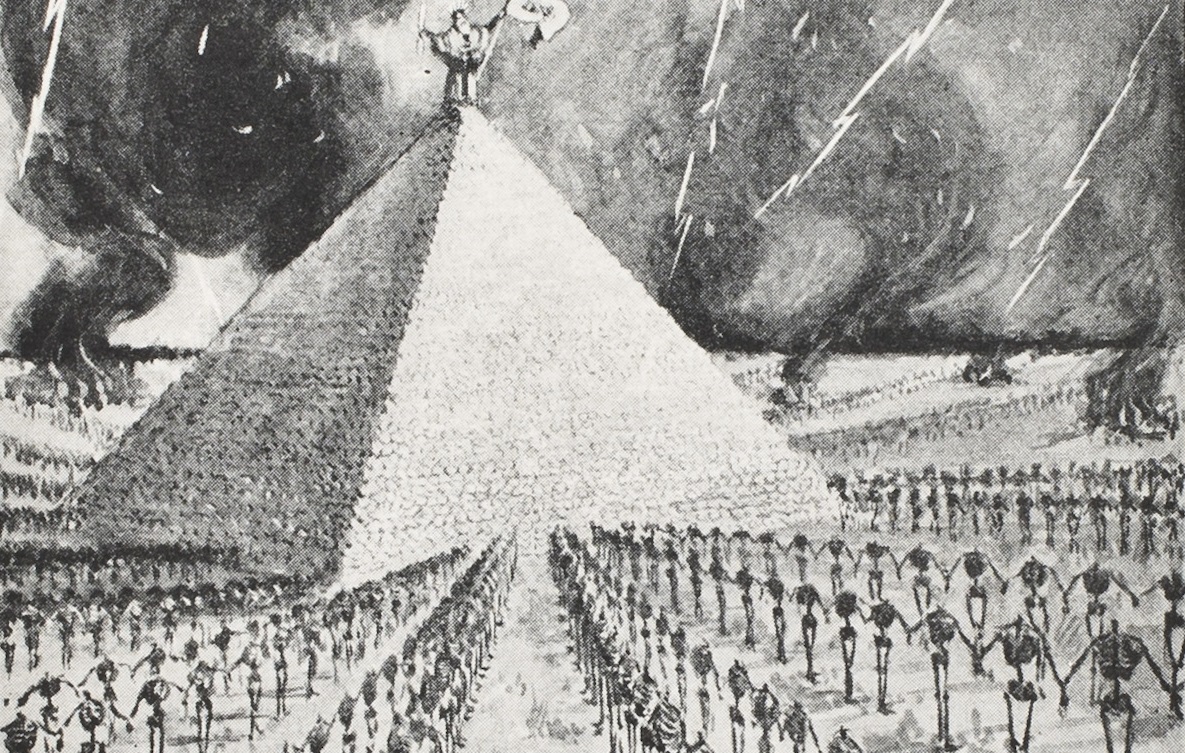
Mark Twain… and Zombies!
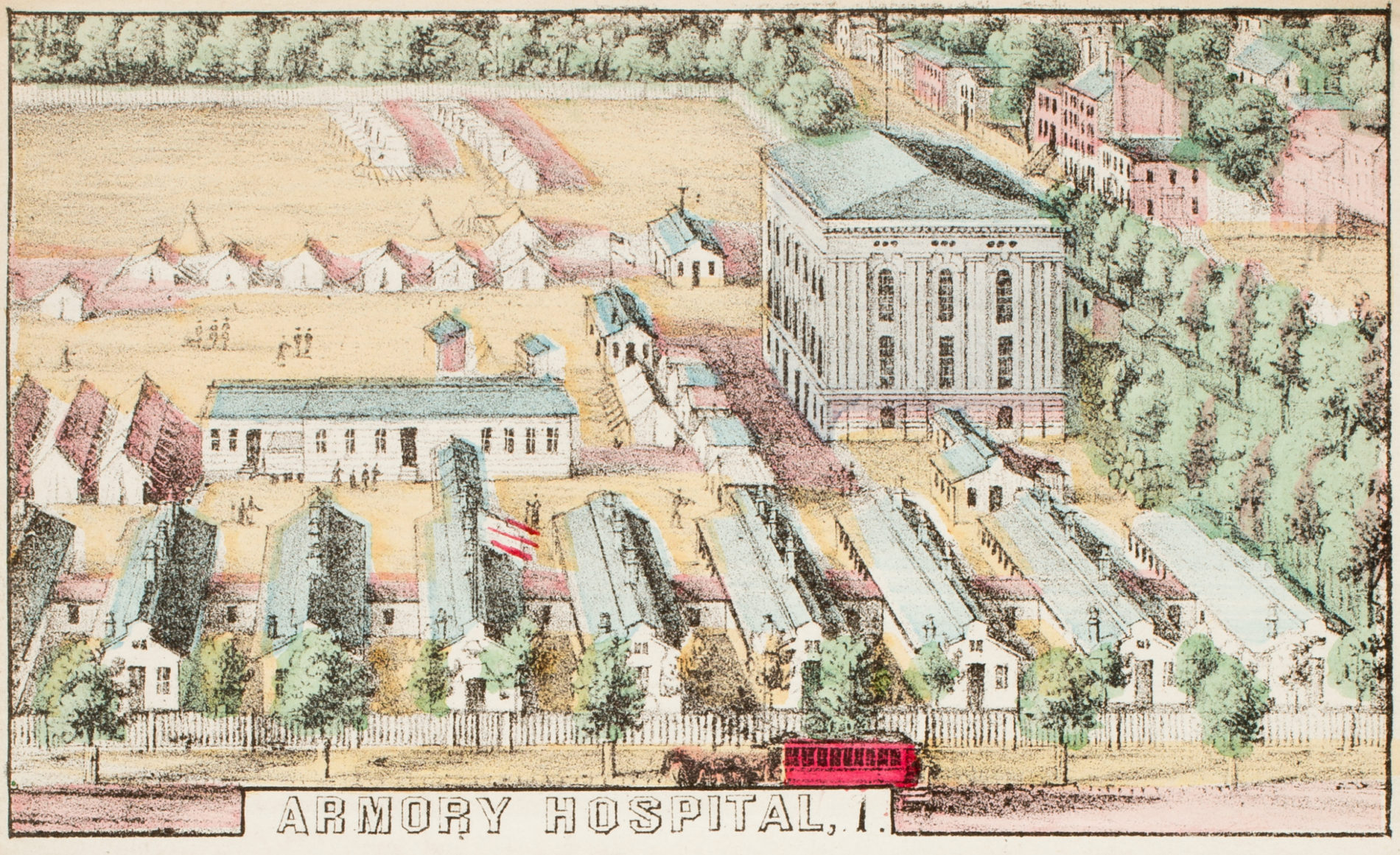
Dispatches to Henry Raymond’s New York Times: Whitman on Trauma in Civil War Washington

Whitman’s Good Life
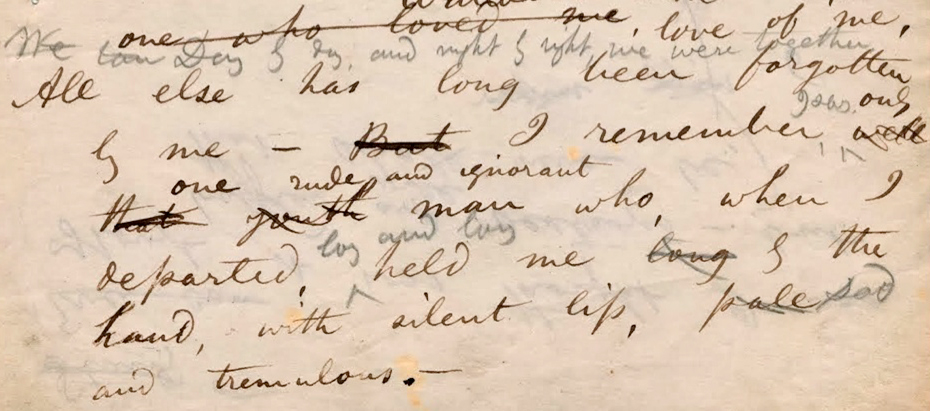
Whitman’s Wandering Mind

Whitman and Disability: An Introduction

“Now I Chant Old Age”: Whitman’s Geriatric Vistas

Convalescent Calamus: Paralysis and Epistolary Mobility in the Camden Correspondence with Peter Doyle
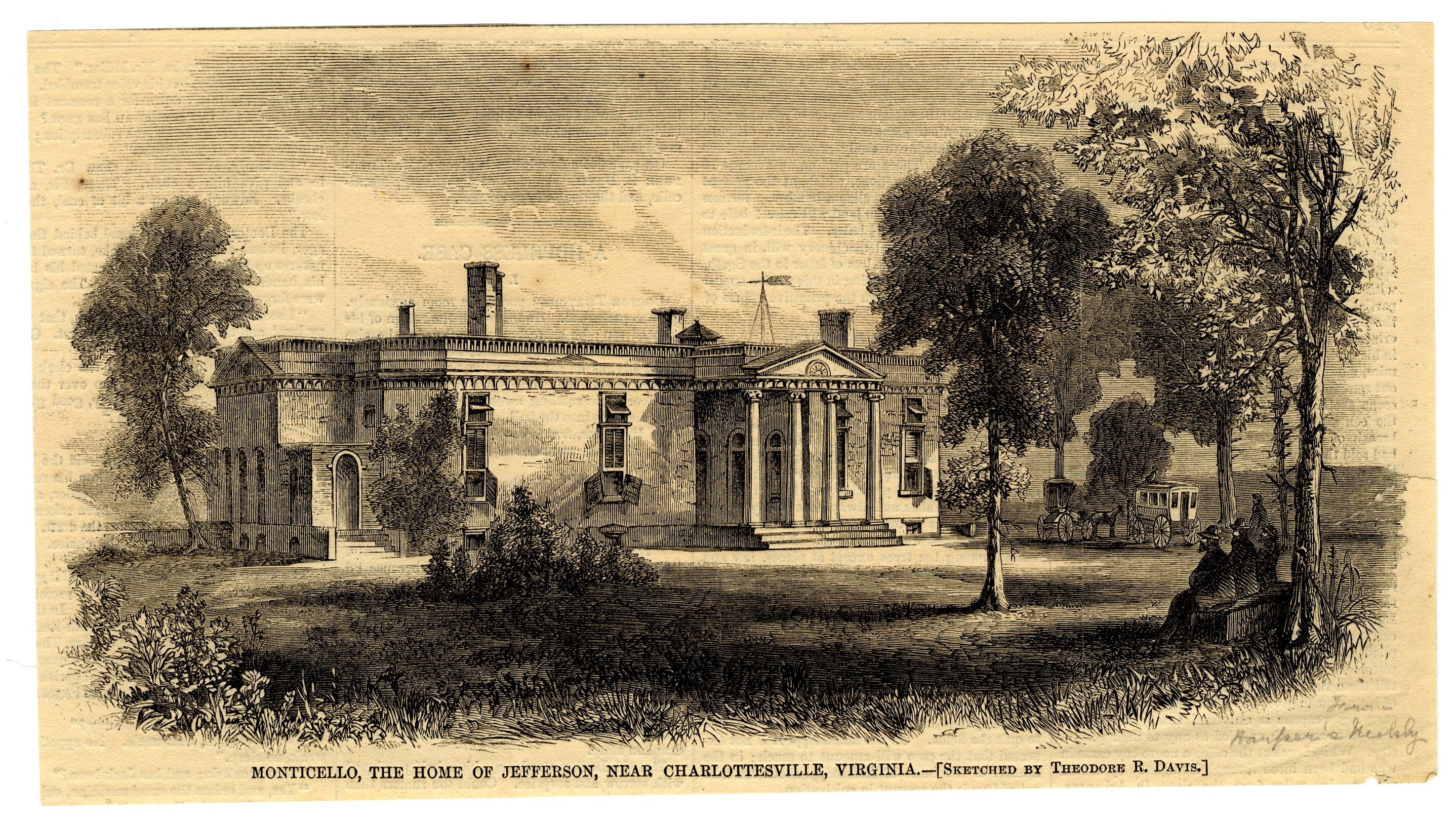
The Advice Jefferson Never Received: Health Counsel Delivered to Jefferson From His Italian Friend Filippo Mazzei, Two Hundred Years Too Late
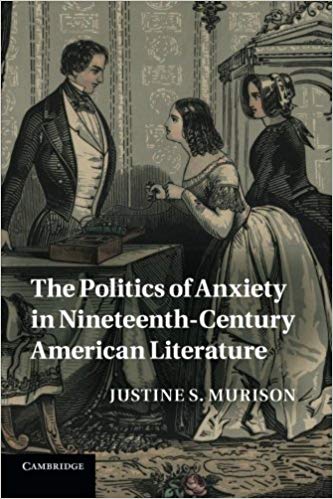
Nervous Americans
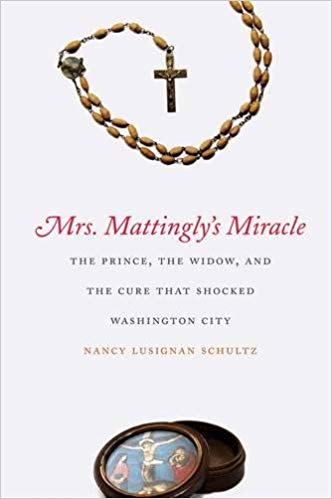
A Divisive Miracle
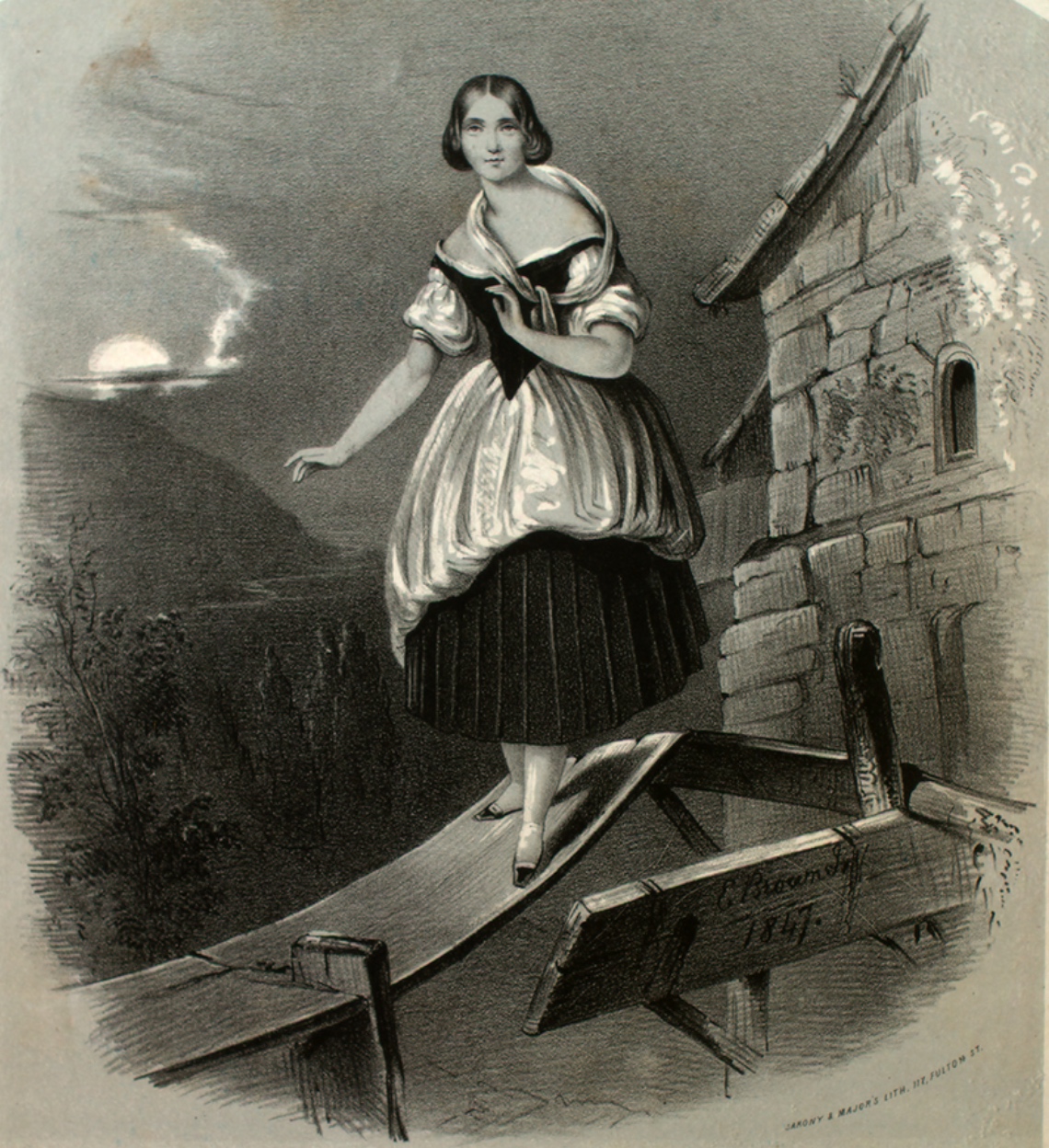
The Springfield Somnambulist: Or, the End of the Enlightenment in America
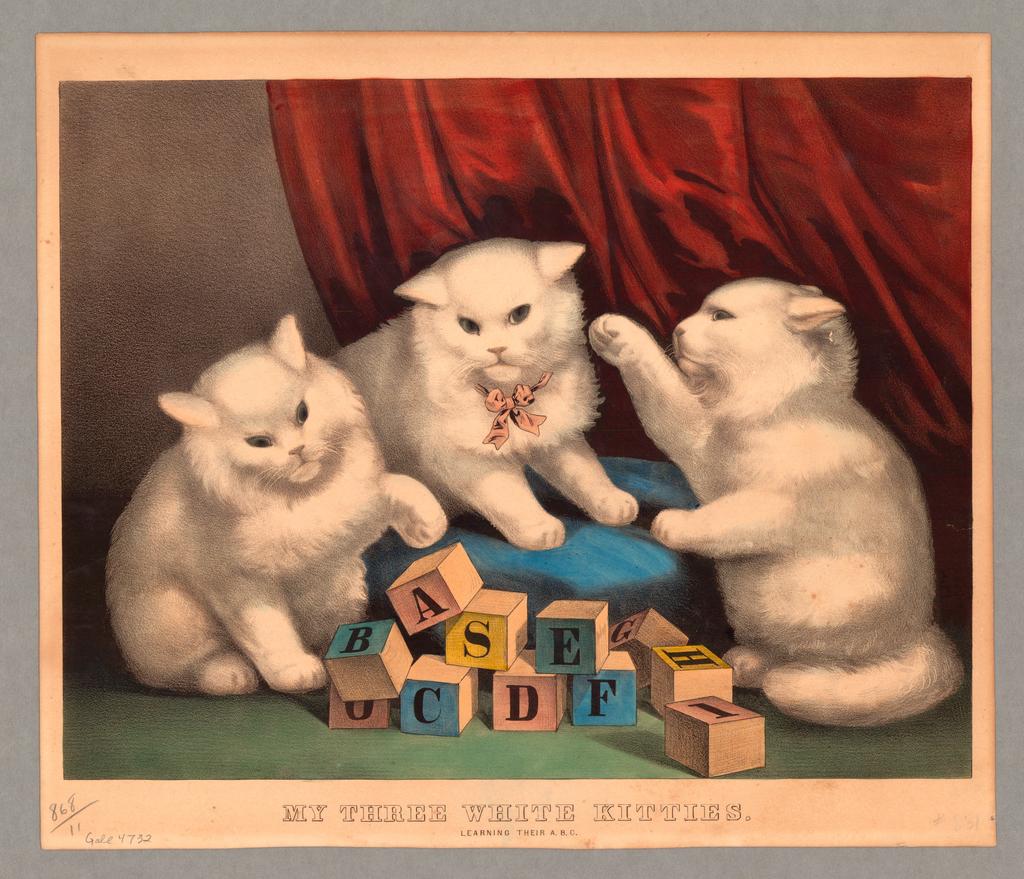
Curiosity Did/Did Not Kill the Cat: The Controversy Continues
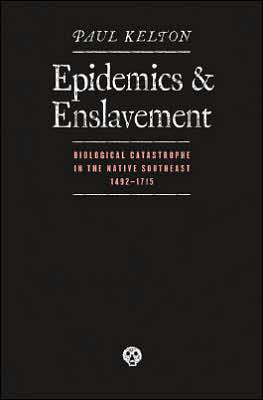
Contemplating Contagion

Perfect or Perverted?
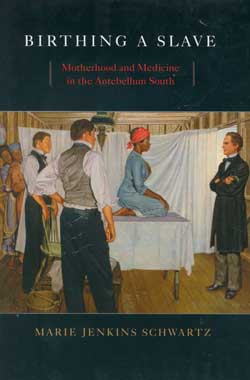
Enslaved Bodies, Enslaved Selves
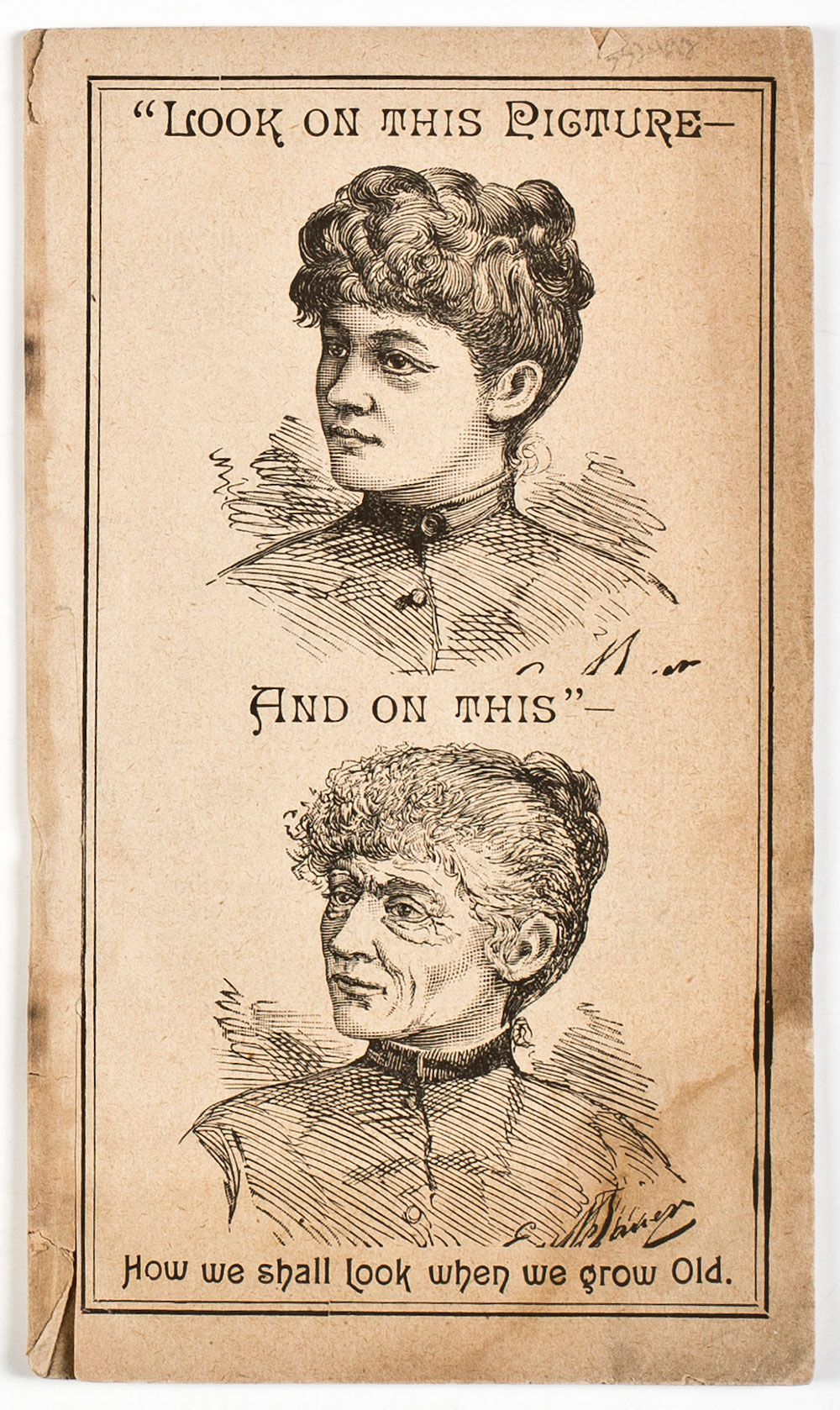
Editor’s Note: Issue 17.2
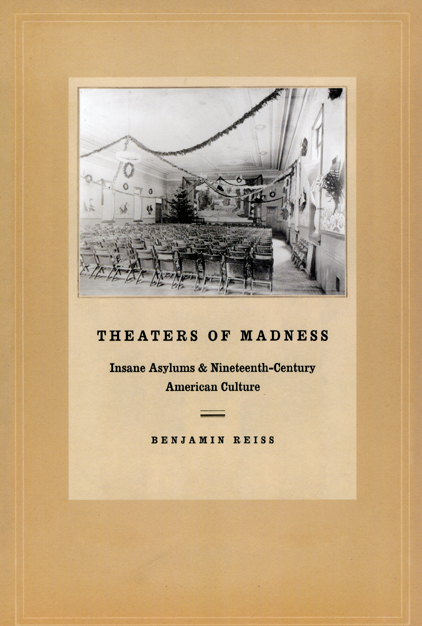
The Asylum as a Literary Institution
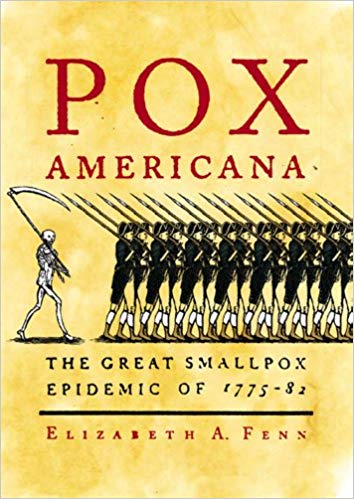
The Imperial Virus
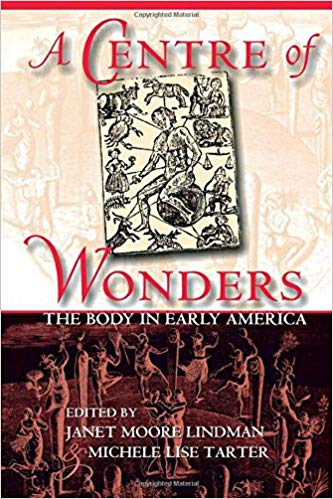
Habeas Corpus?
Creative Writing
Reviews

ABOUT
Welcome to Commonplace, a destination for exploring and exchanging ideas about early American history and culture. A bit less formal than a scholarly journal, a bit more scholarly than a popular magazine, Commonplace speaks—and listens—to scholars, museum curators, teachers, hobbyists, and just about anyone interested in American history before 1900. It is for all sorts of people to read about all sorts of things relating to early American life—from architecture to literature, from politics to parlor manners. It’s a place to find insightful analysis of early American history as it is discussed in scholarly literature, as it manifests on the evening news, as it is curated in museums, big and small; as it is performed in documentary and dramatic films and as it shows up in everyday life.
In addition to critical evaluations of books and websites (Reviews) and poetic research and fiction (Creative Writing), our articles explore material and visual culture (Objects); pedagogy, the writing of literary scholarship, and the historian’s craft (Teach); and diverse aspects of America’s past and its many peoples (Learn). For more great content, check out our other projects, (Just Teach One) and (Just Teach One African American Print).
How to cite Commonplace articles:
Author, “Title of Article,” Commonplace: the journal of early American life, date accessed, URL.
Sophie White, “Trading Looks Race, Religion and Dress in French America,” Commonplace: the journal of early American life, accessed September 30, 2019, https://commonplace.online/article/trading-looks-race-religion-dress-french-america/
Joshua R. Greenberg, editor
Read more about Commonplace
Contact Us
If you are looking for a specific Commonplace article from the back catalog and do not see it, or if have any other questions, please contact us directly. Please follow us on Twitter @Commonplacejrnl or Facebook @commonplacejournal and thank you for your support.

